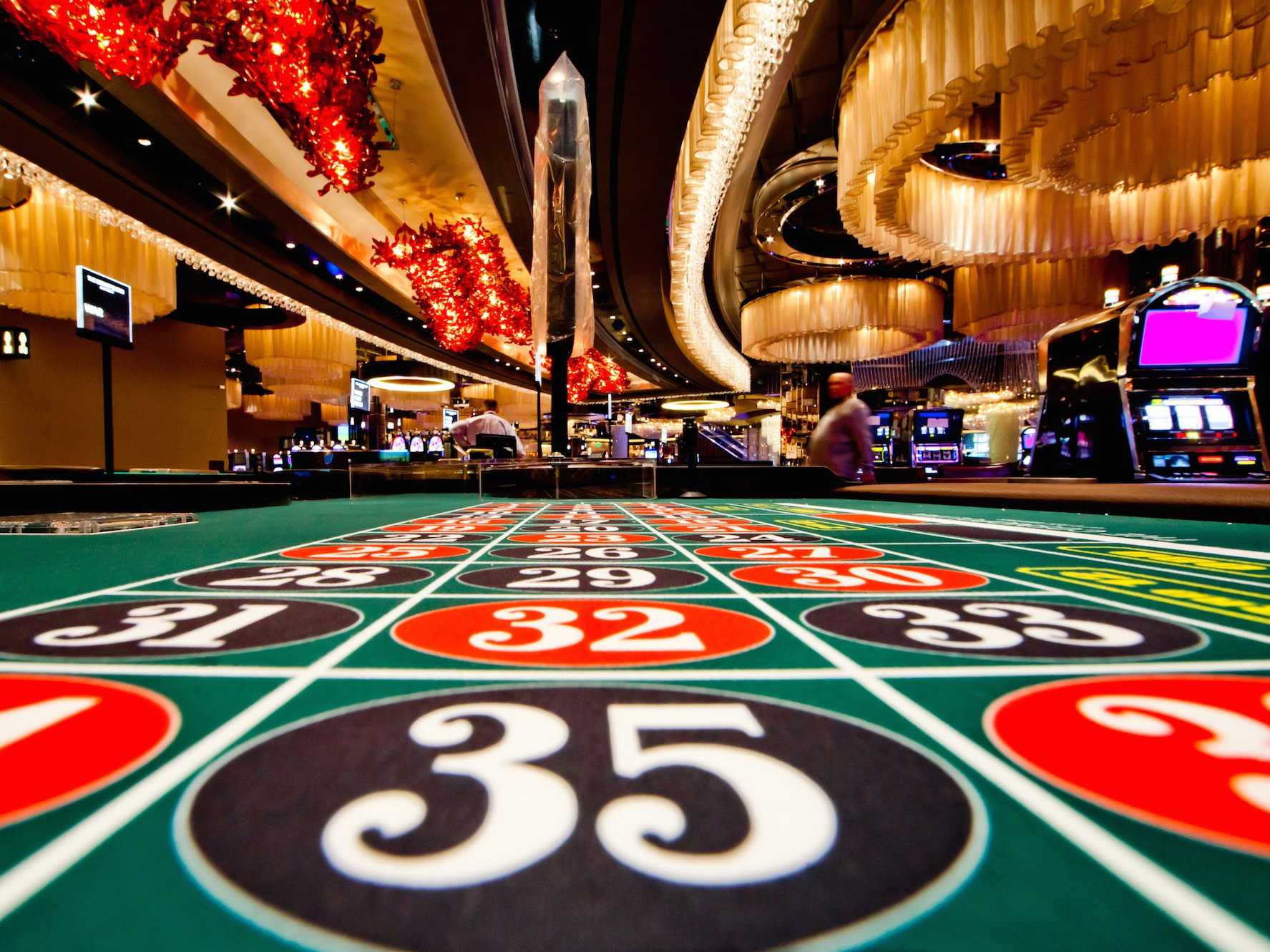The Story of Gambling: Dating Back to Ancient Civilizations to Today's Casino Games
Gambling has been an important part of human recreation for thousands of years, evolving through cultures and eras to become the dynamic casino games we know today. From the historical Chinese and Romans, who engaged in various forms of gambling and luck, to the modern gaming floors of contemporary casinos, the allure of gamble and reward has fascinated individuals across the globe. The shift from basic dice games and rudimentary betting setups to the lavish settings of modern casinos reflects considerable strides in both social norms and technological.
As cultures evolved, so too did the complexity of gambling activities, with casino games emerging as a unique category of entertainment and thrills. Ga179 These activities have changed from casual gatherings centered around wooden tables to grand, opulent establishments designed to attract players. Today, we explore this fascinating journey, examining how historical practices laid the groundwork for the varied and thrilling casino activities that bring joy to countless people worldwide.
spintax
Early Betting Traditions
Wagering has deep roots in human past, with evidence of games of chance tracing back to ancient societies. Archaeologists have uncovered that as far back as 3000 BC, the people of China were using primitive forms of betting with dice made from ivory. Similarly, ancient Mesopotamians engaged in betting activities, often relying on the throwing of lots or dice to determine winners. These early forms of betting served not only as amusement but also played vital roles in social and cultural customs.
The people of Egypt also participated in gambling activities, with games that included betting on the outcomes of various events, including athletic events and spiritual festivals. Artifacts such as dice and depictions of players from ancient tombs illustrate that betting was a frequent pastime. It provided both leisure and a means of engaging in social connections, often linked to festive occasions or important gatherings. This activity demonstrated the universal appeal of chance and rivalry throughout the ages.
In ancient Rome, betting became a commonplace practice among the people, as evidenced by references in literature and the establishment of guidelines around certain games. Romans enjoyed a variety of betting activities, from wagering on chariot races to playing games similar to modern-day board games. The legal system surrounding these activities began to take shape, establishing the foundations for gambling regulations that would grow in the centuries to come. The popularity of gambling during this period set the stage for the development of casino games in the future.
The Development of Casino Games
Casino games have undergone notable transformations from their beginnings to the contemporary entertainment selections. In ancient civilizations, gaming was frequently associated to ceremonial practices, with games of dice found in Mesopotamia and wagering on the outcomes of events in ancient Rome. These initial forms of gambling laid the foundation for the formal games we see today. The change from informal gambling to regulated games happened as societies began establishing rules and venues for wagering, showing cultural values and practices.
The medieval period saw the development of card games, which gained fame among the nobility of Europe nobility. Games like primero and baccarat became staples in social gatherings. The invention of printing technology additionally facilitated the spread of playing cards, making them more accessible to the common people. As gambling houses began to multiply, these card games transformed into different forms that catered to wider audiences, eventually leading to the creation of casinos as specialized venues for gaming.
The 20th century marked a significant point in the development of casino games, with the growth of commercial casinos in Vegas and other gaming hubs. This era saw the introduction of games like slot machines and modern variations of table games, complete with advanced graphics and detailed betting structures. The advent of online casinos in the tail end of the 1990s also revolutionized the gaming industry, allowing players to access a wide range of casino games from the safety of their homes. Today, gambling games persist to develop, blending classic elements with cutting-edge technology to create immersive experiences for players around the globe.
Contemporary Gaming Laws
In recent years, the environment of gambling laws has changed substantially, notably as tech advances and internet-based gambling have become ever prevalent. Governments around the planet have implemented various laws and guidelines to ensure that gaming activities are conducted fairly, with responsibility, and transparently. These regulations often cover aspects such as licensing, marketing, player safeguards, and sensible gaming measures. Authorities aim to reduce issues such as gambling addiction and fraudulent activities while fostering a just gambling environment.
The rise of internet casinos has necessitated a fresh approach to oversight. Many jurisdictions have established dedicated internet-based gaming structures that cater to online gambling, allowing operators to provide their offerings within the law. These frameworks often demand operators to secure licenses, adhere to strict safety standards, and offer customer support options to assist players. By closely observing internet activities, authorities can better protect consumers from potential harm and make sure that gambling is conducted in a protected manner.
Additionally, contemporary gaming regulations are progressively focusing on responsible gambling strategies. Many casinos and online sites now implement features such as self-exclusion, deposit limits, and time-outs to help players manage their gaming habits. Educational campaigns aimed at raising awareness about the risks of gaming are also frequent. As the industry continues to grow, the focus on responsible gaming remains a fundamental principle of regulatory efforts, showing a dedication to promoting a secure and enjoyable gaming experience for all gamblers.

